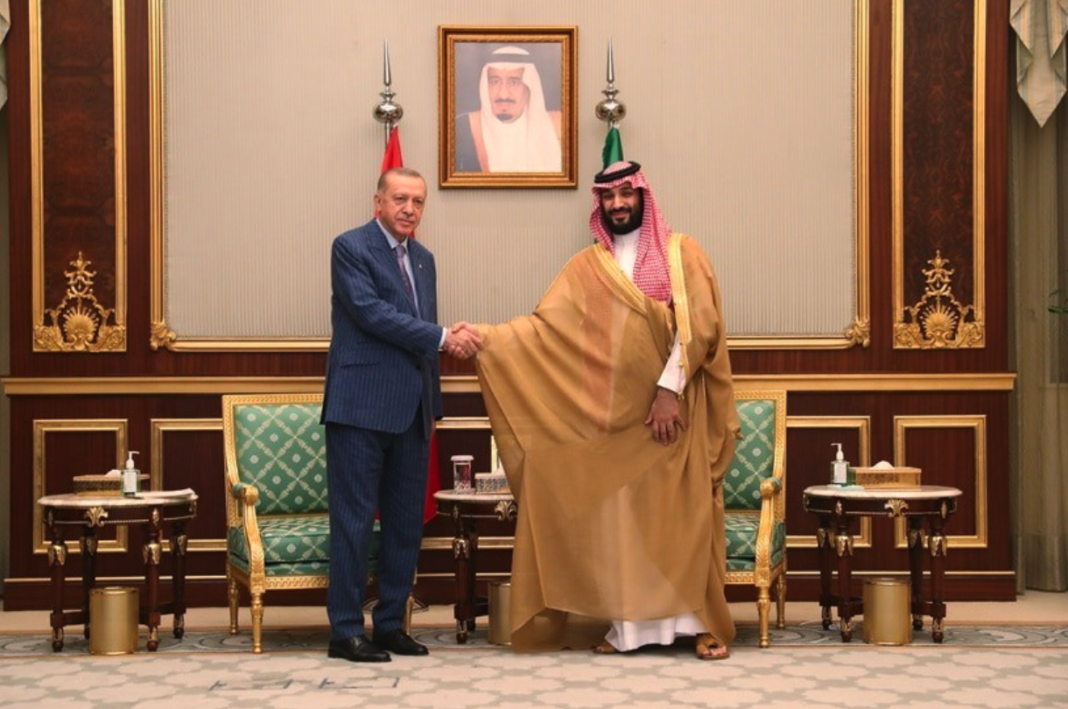Turkey expects the United Arab Emirates (UAE) and Saudi Arabia to invest in its energy and defence sectors after negotiations in Abu Dhabi led by its top economy officials, two sources with knowledge of the talks said on Thursday. Reuters reports on June 22, 2023.
Turkish Vice President Cevdet Yilmaz and Finance Minister Mehmet Simsek travelled to the UAE on Wednesday ahead of a possible visit by President Tayyip Erdogan.
After his re-election last month, Erdogan named the pair to his cabinet in a signal he is backtracking on a years-long unorthodox economic policy that sent inflation soaring and the lira currency tumbling, and depleted foreign exchange reserves.
Since 2021, when Ankara launched a diplomatic effort to repair ties with Saudi Arabia and the UAE, investments and funding from the Gulf have helped relieve pressure on Turkey’s strained economy and hard currency buffer.
With elections over, Gulf officials are discussing direct investments in the energy and defence sectors, the sources said. The status, size and time-frame of any deals were uncertain.
« Money inflow is expected in the coming period, especially from the Gulf region. They’ve made some high-level contacts in Turkey. There will be some direct investments from Saudi Arabia and the UAE, » one said.
Turkey’s finance ministry and Erdogan’s office did not immediately respond to a Reuters request for comment.
Ankara had said that Yilmaz and Simsek would discuss with UAE counterparts « economic cooperation opportunities », and meet President Sheikh Mohammed bin Zayed al-Nahyan.
Erdogan’s planned pivot to a more orthodox policy faces a major test on Thursday when the central bank under new governor Hafize Gaye Erkan is expected to sharply raise interest rates.
« Turkey has interesting assets which the Gulf states would love to invest in. But (it) has to make business sense … and without orthodox policies I think the Gulf states will hold back, » said Tim Ash of BlueBay Asset Management.
After a years-long exodus of foreign investors, Turkey’s government hopes that steps toward free-market policies and regulations will attract investment and fund flows.
The central bank’s net forex reserves fell to a record low of negative $5.7 billion last month before rebounding this month, reflecting costly efforts to stabilise the lira.
Ankara has secured some $28 billion in foreign currency swap deals in recent years, including from the UAE. Last year, Abu Dhabi’s International Holding Co acquired via a subsidiary a 50% stake in Turkey’s Kalyon Enerji for $490 million.

